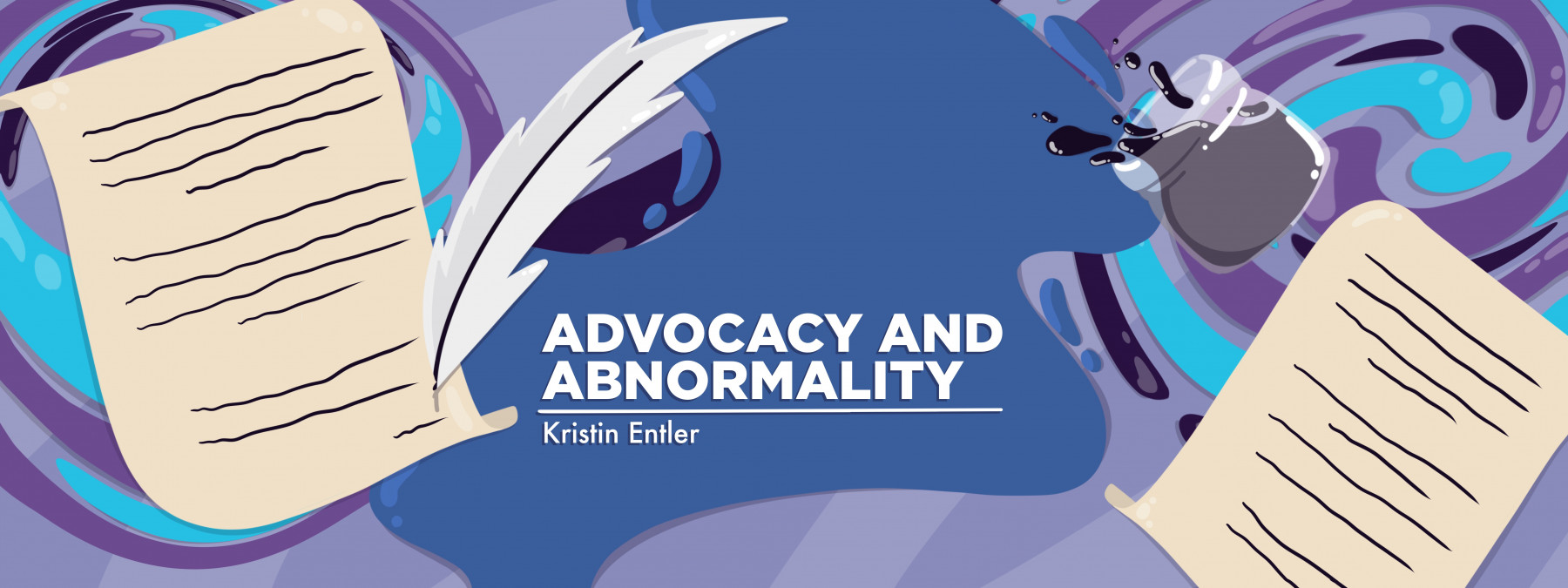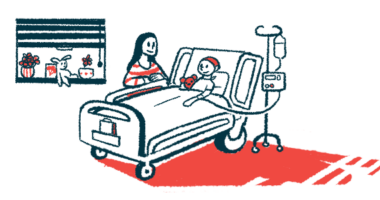Using the Past to Choose Hope for the Future

About 10 years ago, I interviewed my pulmonologist for a speech class I was taking. I asked him if he thought there’d ever be a cure for cystic fibrosis.
He responded with an emphatic yes; not only did he believe there’d be a cure, he believed we’d both live to see it.
At the time, I didn’t believe him. But I wanted to. That was in the days before Trikafta, when I used to be in the hospital every few months and my lungs took a beating; my FEV1 numbers, which measured the amount of air I could force from my lungs in one second, slowly trended downward.
Then came the CFTR modulators: first Orkambi (lumacaftor and ivacaftor), then Trikafta (elexacaftor, tezacaftor, and ivacaftor), both of which have worked to stabilize my health. As a result of the improvements in my quality of life, my mental health has naturally improved along the way.
Since being approved by the U.S. Food and Drug Administration, Trikafta has affectionately been called a “miracle” treatment. Though it isn’t an actual cure, it’s more than I thought possible when I interviewed my doctor. Sometimes, I’m really bad at telling the future.
During the initial COVID-19 lockdown period in the U.S., I started reading about the Spanish flu pandemic, which lasted from 1918 to 1919. I read more about vaccine development than I ever thought I would. I texted my partner that this pandemic wasn’t going to last for just the 14-day quarantine period, but rather for years. Sometimes, I’m unfortunately accurate at predicting the future.
The difference in these two anecdotes is, of course, research. When looking toward the future of the pandemic, I was basing my conclusions on information, data, and research.
My conclusions about my prognosis, on the other hand, were based on my own experiences living with CF. I hadn’t read scientific journals or literature reviews from leading scientists. While I did keep up to date with the latest news and the Cystic Fibrosis Foundation’s drug development pipeline, my anxieties were overshadowed by my personal history of declining health metrics.
One of the ways I’ve learned to cope with uncertainty is by gaining as much knowledge as I can about the subject. Years of cognitive behavioral therapy have taught me to focus on what I do have agency over.
Living with chronic illness means adapting to an always uncertain future. Hospitalizations can happen, and have happened, with just a few hours notice. Side effects and new (or old) symptoms can crop up on any day, in any situation.
Over the years, it has become easier to prepare for the unexpected. Every preparation we make for the future is based on some past experience.
But we also have the wide open web of information to help guide the behaviors that shape what our future will look like.
Though I am afraid of what science says about future COVID-19 variants that could arise and set us back, and I’m afraid of what disaster is likely to come with recent policy decisions to shift how we gauge community safety, I also want to believe that this is the same world where I was promised a cure.
History is often an accurate predictor of the future. Science has kept me alive so far, and I choose to hope that research and advancements will continue to find a path forward that prioritizes finding ways to help us all breathe a bit easier.
I’m choosing to hold out hope for a cure for cystic fibrosis.
Note: Cystic Fibrosis News Today is strictly a news and information website about the disease. It does not provide medical advice, diagnosis, or treatment. This content is not intended to be a substitute for professional medical advice, diagnosis, or treatment. Always seek the advice of your physician or other qualified health provider with any questions you may have regarding a medical condition. Never disregard professional medical advice or delay in seeking it because of something you have read on this website. The opinions expressed in this column are not those of Cystic Fibrosis News Today or its parent company, Bionews, and are intended to spark discussion about issues pertaining to cystic fibrosis.









Leave a comment
Fill in the required fields to post. Your email address will not be published.